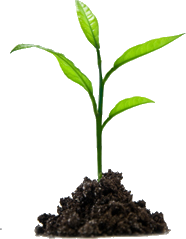[email protected]
(01495) 369555
All pupils take GCSE and additional Science. Within this framework they are taught all three sciences by specialised teachers within the respective subject areas. Pupils can then deepen their knowledge of the subject at further education. We have had many pupils who have successfully entered further education to pursue Medicine, Veterinary Sciences and Dentistry.
In Biology the use of communication, ICT, maths, safe laboratory practice, and topical issues make the subject relevant to pupils’ lives. It also complements many other subjects, whether they are sciences or arts. It is rapidly becoming the science for this century, as our ability to manipulate DNA fundamentally changes many of the ways in which we live and work.
Science is a very ‘hands-on’ subject at Ebbw Fawr, with practical work taking place both inside and outside the laboratory.
Our core aims and objectives within the Science department at Ebbw Fawr is to help pupils:
Science is an important core subject and an essential preparation for life in the 21st century. Our main aim as a department is to make Science interesting and enjoyable and to ensure that you achieve your highest possible level of attainment.
 Science qualifications are held in high esteem by many employers and can lead to rewarding careers in medical and veterinary sciences, microbiology, pharmacy, engineering and education.
Science qualifications are held in high esteem by many employers and can lead to rewarding careers in medical and veterinary sciences, microbiology, pharmacy, engineering and education.
All pupils at Key Stage 3 & 4 are taught all three sciences by specialised teachers within the respective subject areas.
GCSE Double and Triple Award Science qualifications are offered to students at Key Stage 4.
Please see the qualifications section for a list of current qualifications offered to Key Stage 4 students.
We offer a suite of GCSE science qualifications to pupils based on the WJEC science syllabus. Please click below to access the specification and course materials for the respective qualifications.
The Science Department is well resourced, with six modern laboratories, all fully ICT equipped with Chromebooks, digital microscopes and the latest data logging equipment. The department has two dedicated prep rooms with its own Science Technician.